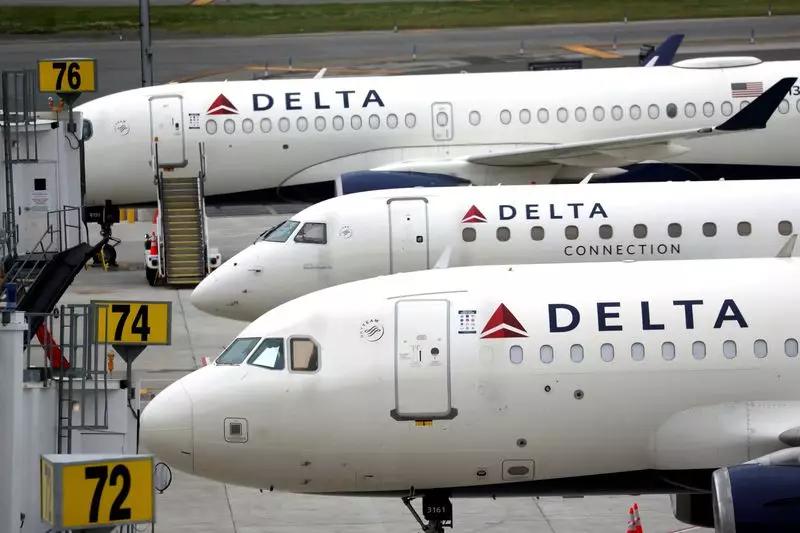In an unprecedented legal move, Delta Air Lines has initiated a lawsuit against cyber defense company CrowdStrike following a catastrophic global service outage that occurred in July. This incident not only forced the airline to cancel approximately 7,000 flights but also affected over 1.3 million travelers, leading to an estimated financial loss exceeding $500 million. The situation underscores the vulnerabilities of digital infrastructures in today’s interconnected world, particularly within critical industries like air travel.
Delta’s lawsuit, filed in Fulton County Superior Court, accuses CrowdStrike of deploying unchecked software updates that led to failures in more than 8.5 million Windows-based computers globally. These updates, described by Delta as “faulty,” were characterized by the airline as a reckless oversight that severely hampered Delta’s operations. Delta has emphasized that if proper testing protocols had been executed, the inexcusably flawed update could have been identified and rectified prior to its widespread implementation.
CrowdStrike has formally responded to the allegations, dismissing Delta’s claims as misguided and based on inaccurate information. They argue that the lawsuit reflects a misunderstanding of the complexities of cybersecurity and represents a desperate attempt by Delta to deflect responsibility for its own technological shortcomings. This counter-argument suggests a notable tension between the two corporations, as CrowdStrike seeks to absolve itself of accountability while Delta insists on the direct cause-and-effect relationship between the faulty update and their losses.
The ramifications of this incident extend beyond Delta, affecting diverse sectors, including finance, healthcare, and hospitality. The widespread nature of the outage serves as a stark reminder of how interconnected systems can lead to cascading failures affecting not just one company but entire industries. In response to the incident, the U.S. Department of Transportation has launched an investigation, which may lead to scrutinizing industry-wide practices regarding software management and cybersecurity protocols.
Additionally, the inquiry into this incident raises wider questions about the robustness of IT infrastructures across industries. Many companies, particularly those in the aviation sector, have invested heavily in technological solutions but may still be vulnerable to external threats and systemic failures due to inadequate testing and oversight.
As the legal battle unfolds, both Delta and CrowdStrike will need to reassess their strategies. Delta asserts it has made substantial investments in technology, which adds weight to its argument that the failure was a direct result of CrowdStrike’s negligence. Conversely, CrowdStrike’s senior vice president has publicly acknowledged the failure during congressional testimonies, indicating a comprehensive review of their practices.
The outcome of this case may very well redefine standards for accountability within the tech and aviation industries. Companies reliant on third-party service providers must now consider the potential risks involved, as well as the importance of rigorous testing and verification protocols to prevent similar incidents in the future.

